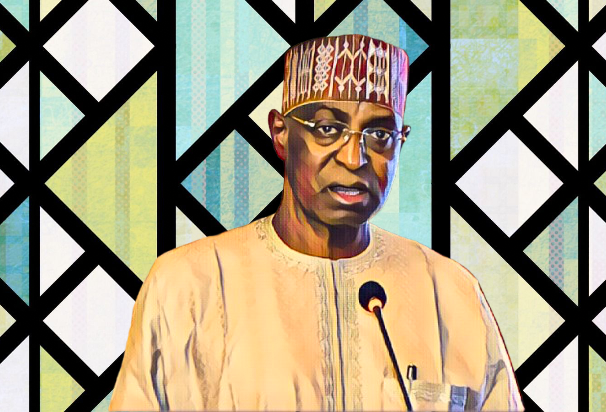Key Points
-
Developing Nigeria’s livestock industry is central to food and job security.
-
Government partners with NIAS, NAPRI, and DAFN to modernize livestock systems.
-
Developing Nigeria’s livestock industry will attract funding from AfDB and CBN.
Senator Abubakar Kyari, Nigeria’s Minister of Agriculture and Food Security, says that the federal government sees the livestock industry as a key part of its efforts to improve food security and diversify the economy.
Kyari said this during a meeting with people involved in agriculture in Abuja on Sunday. He stressed that livestock development will be a part of the government’s larger Agricultural Renewal and Growth Plan.
He said that the National Livestock Transformation Plan (NLTP), which started under the last government, would be expanded under President Bola Ahmed Tinubu’s Renewed Hope Agenda.
The plan would focus on increasing productivity, improving breeds, and using modern ranching systems to reduce conflicts between farmers and herders.
Building up Nigeria’s livestock industry is still very important
Kyari said, “The most important thing right now is to improve Nigeria’s livestock industry by using modern management, sustainable grazing systems, and disease control.” “This is important to make the protein value chain stronger, encourage self-sufficiency, and cut down on our reliance on imports.”
He said that Nigeria has more than 20 million cattle, 40 million goats, and 30 million sheep right now, but production levels are still much lower than demand because of old farming methods, bad veterinary care, and problems caused by the weather.
He said that the ministry is working with the National Animal Production Research Institute (NAPRI), the Nigerian Institute of Animal Science (NIAS), and the Dairy Farmers Association of Nigeria (DAFN) to make a master plan for livestock that will improve output in both the beef and dairy industries.
Kyari also said that new investments in feedlot systems, pasture improvement, and animal health monitoring would help lower losses after production and raise exports in the ECOWAS subregion.
Reforms and partnerships are bringing the sector back to life
The minister said that they were still talking to the Central Bank of Nigeria (CBN) and the African Development Bank (AfDB) about funding livestock projects through the Special Agro-Industrial Processing Zones (SAPZ) program.
Kyari said, “Improving Nigeria’s livestock industry is not just an agricultural goal; it is a national need for food and nutrition security.”
He also praised the state governments of Kaduna, Nasarawa, and Oyo for starting ranching pilot projects as part of the NLTP framework.
Prof. Eustace Iyayi, the Registrar of NIAS, said in his speech that the ministry should make sure that the reforms reach local value chains, such as milk collection centres, feed processing, and cold-chain logistics.



